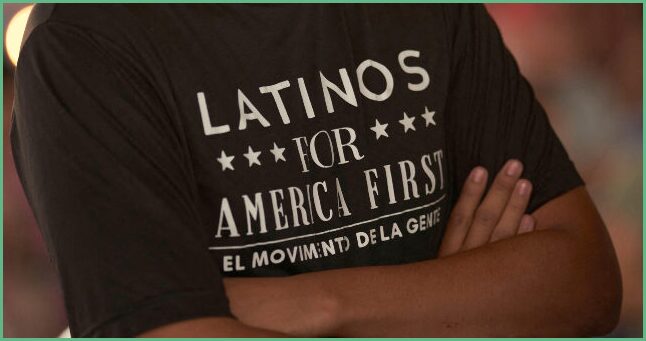Hispanic Voters See Socialism’s Risks and Back Trump, Mayra Flores Says
Mayra Flores argues that Hispanic families have a clear understanding of socialism’s dangers, and that clarity is pushing many toward President Trump despite what she calls misleading claims from the left. She frames the debate as practical, not theoretical, focusing on household budgets, safety, and personal freedom. Voters respond to results, not rhetoric.
For many people in the Hispanic community, socialism is not an abstract debate; it’s a memory of shortages, broken promises, and lost economic freedom from countries they or their relatives left behind. Those experiences create a natural skepticism for big-government fixes that sound good on paper but fail in practice. That lived history shapes how families weigh political choices here in the United States.
Economically, the fear is straightforward: socialism tends to discourage small business, punish success, and limit opportunity for entrepreneurs who want to build something for their children. President Trump has campaigned on lowering taxes, cutting red tape, and prioritizing growth that can lift entire neighborhoods. For voters who hustle and run family enterprises, policy that protects ownership matters.
Beyond money, many Hispanic voters prize faith, family, and community stability, and they worry about policies that erode those pillars. When political messaging ignores these cultural values, it fails to connect with the people making real-life choices. Republican messaging that respects those priorities often lands harder than partisan attacks.
Mayra Flores calls out what she sees as leftist misdirection: labels and talking points meant to distract from outcomes that people feel every day. She points out that calling something compassionate does not make it effective when it results in fewer jobs or less security. Voters are increasingly judging policies by their impact, not by slogans.
Flores herself brings authenticity to the conversation because she speaks the language of communities shaped by migration and hard work. Her approach emphasizes concrete examples over theoretical lectures, which resonates in kitchens and at church gatherings alike. That kind of connection cuts through the noise of social media and cable punditry.
This shift matters at the ballot box: when entire neighborhoods move away from the left’s pitch, close races tilt and parties have to adapt. Campaigns that underestimate the Hispanic turnout do so at their own peril, especially when grassroots enthusiasm translates into votes. Republicans see opportunity in showing up with policies that match those community priorities.
The left’s tendency to label dissent as prejudice is backfiring when families want basic things like safer streets and better schools. Insults and posture can’t replace policies that expand jobs or keep neighborhoods secure. Flores highlights real-world needs over rhetorical purity.
That is why Flores keeps bringing the message directly to voters who balance hope and experience every day. She wants political debate to center on whether policies deliver freedom and prosperity, not on who wins a media cycle. The conversation is ongoing, and communities are deciding.
Media spin and social platforms amplify talking points, but lived experience and conversations at the kitchen table carry more weight among Hispanic families. Flores stresses that neighbors share practical stories about what policy changes actually mean for their paychecks, their safety, and their children’s future. Those everyday exchanges are where leftist slogans are judged and where support for candidates who promise tangible results grows.



